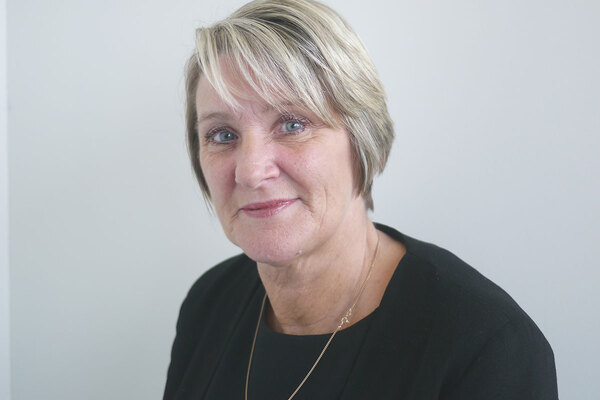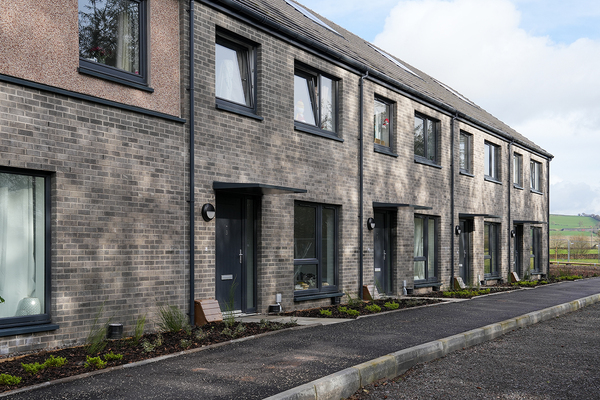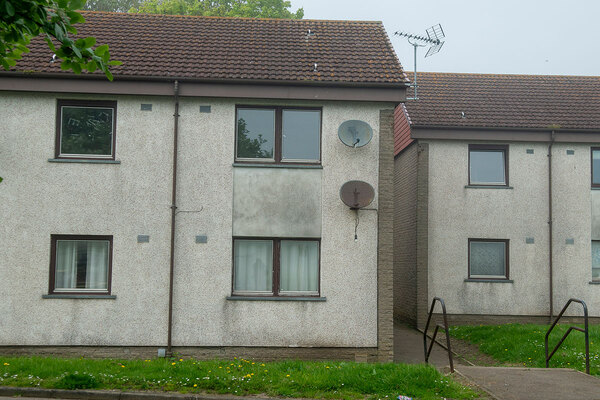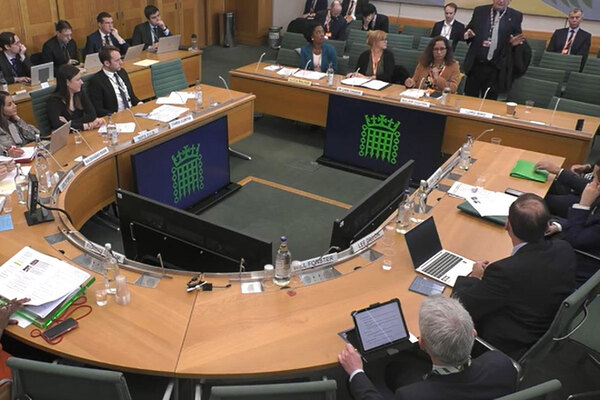You are viewing 1 of your 1 free articles
Landlords praised for shift in tackling noise complaints, but ‘still more to do’
The Housing Ombudsman has welcomed changes made by landlords following a special report on noise complaints, but warned there is “still more work to do”.
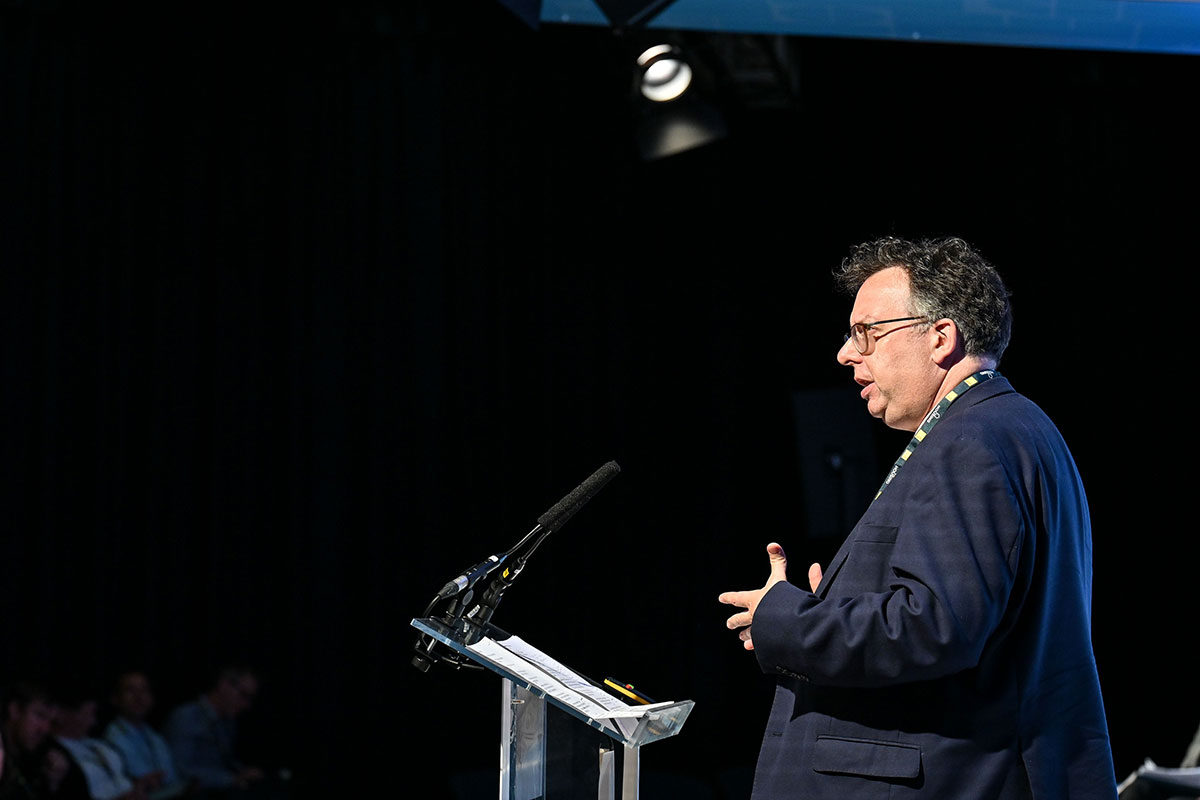
The watchdog said that 60% of the landlords that responded to a Spotlight report, published in October 2022, had self-assessed against the recommendations and are implementing an action plan.
In total, 55 landlords responded to a call for evidence, which included 35 housing associations, 16 local authorities and four landlords classified as “other”.
The original report found that most resident complaints concerned household noise – such as intermittent music or a washing machine at night – rather than anti-social behaviour (ASB), but most landlords treated these as ASB.
In a new evaluation, the ombudsman said improvements made by landlords since the report include installing soft door-closure mechanisms, door pads and anti-vibration washing machine mats.
Some have also reviewed previous reports of noise and conducted noise insulation checks. Nearly half (45%) of landlords that responded said they have, or are planning, a neighbourhood management policy.
A further 38% of landlords said they have reviewed their existing policies and procedures, while around a fifth (22%) now have, or are planning, a separate noise policy, according to the ombudsman’s evaluation.
Other improvements include assessing noise complaints to ascertain whether they fall under household noise or ASB, the ombudsman said, and some landlords have also introduced timescales for responding to noise complaints.
Richard Blakeway, the housing ombudsman, said: “It is positive to see that when landlords engage with the recommendations from our Spotlight reports, effective policy and practice can come from it.”
However, he added: “It is important to note that this is just a snapshot of landlords and there is still more work to do.
“Noise can be a huge issue for the residents that experience it and can cause severe mental health issues, impacting their whole lives. Landlords should be empathetic of this when cases come into them.”
Baroness Scott, the government’s minister for social housing, said: “Everyone should be able to live without their lives being blighted by noise and today’s findings show positive steps being taken by social landlords to improve residents’ quality of life in response to the Housing Ombudsman’s recommendations.”
She added: “Our landmark Social Housing Regulation Act is building on the Housing Ombudsman’s important work to make sure social landlords continue to improve the way they handle complaints.
"This includes a new competence and conduct standard that will arm social housing staff with the skills, experience and knowledge to deliver the excellent service that tenants want and need.”
The ombudsman’s update on dealing with noise complaints comes after a large housing association apologised to the family of a vulnerable resident who ended his own life due to long-running mental health issues that were affected by noise nuisance.
The Housing Ombudsman made a finding of severe maladministration against Clarion in November, arguing that the landlord lacked consideration of the resident’s vulnerability when handling his noise complaints, which led to the resident suffering over nine months.
Sign up for our regulation and legal newsletter
Already have an account? Click here to manage your newsletters




